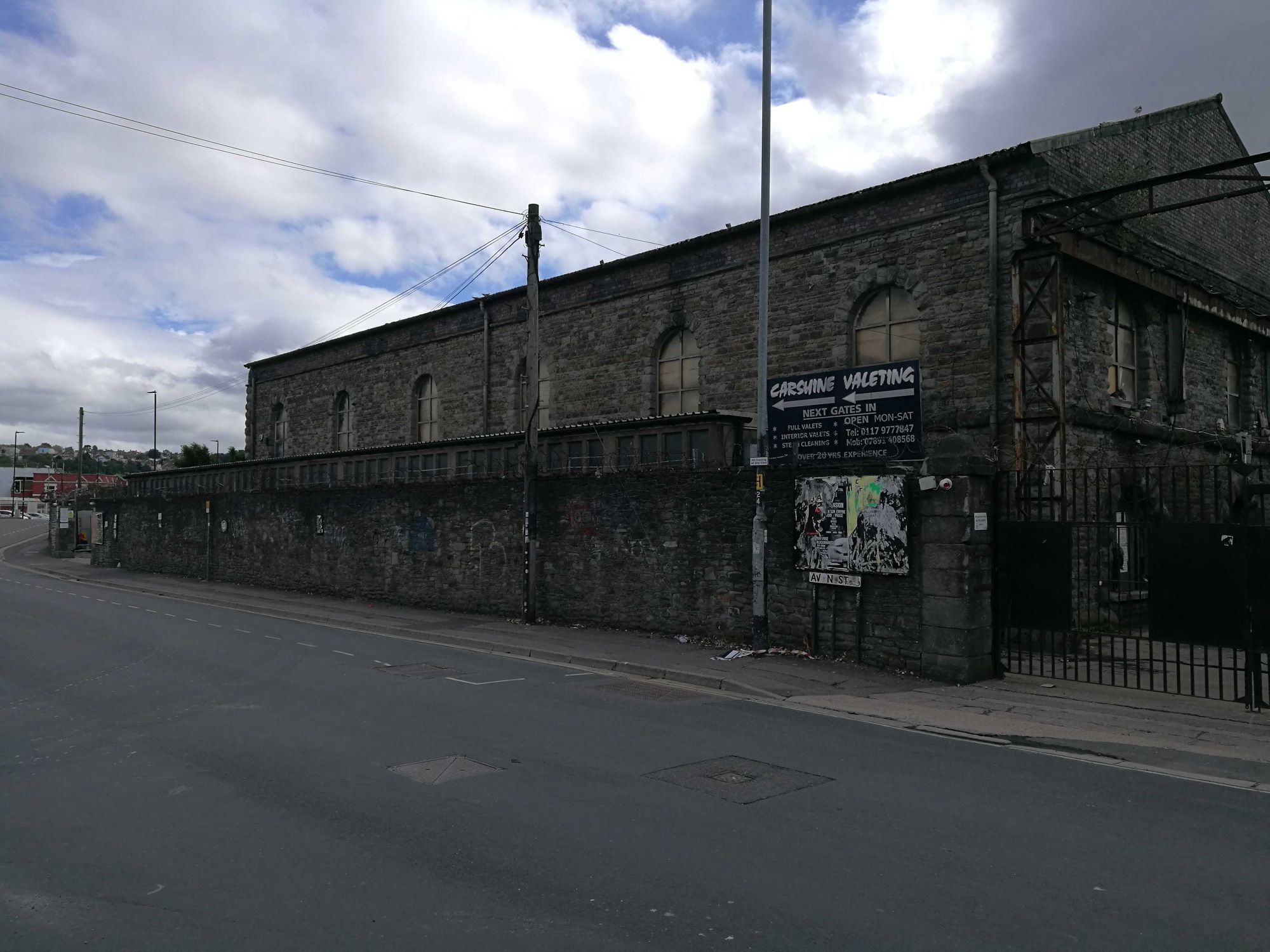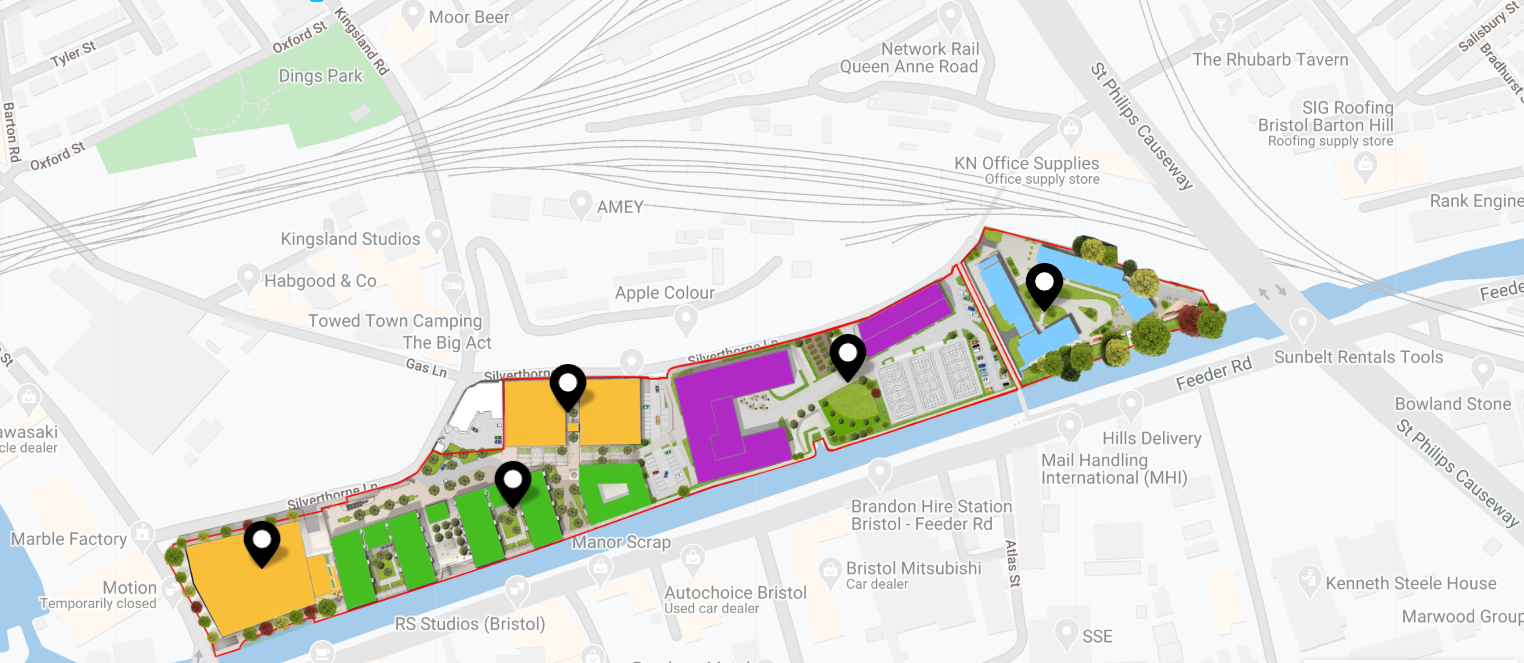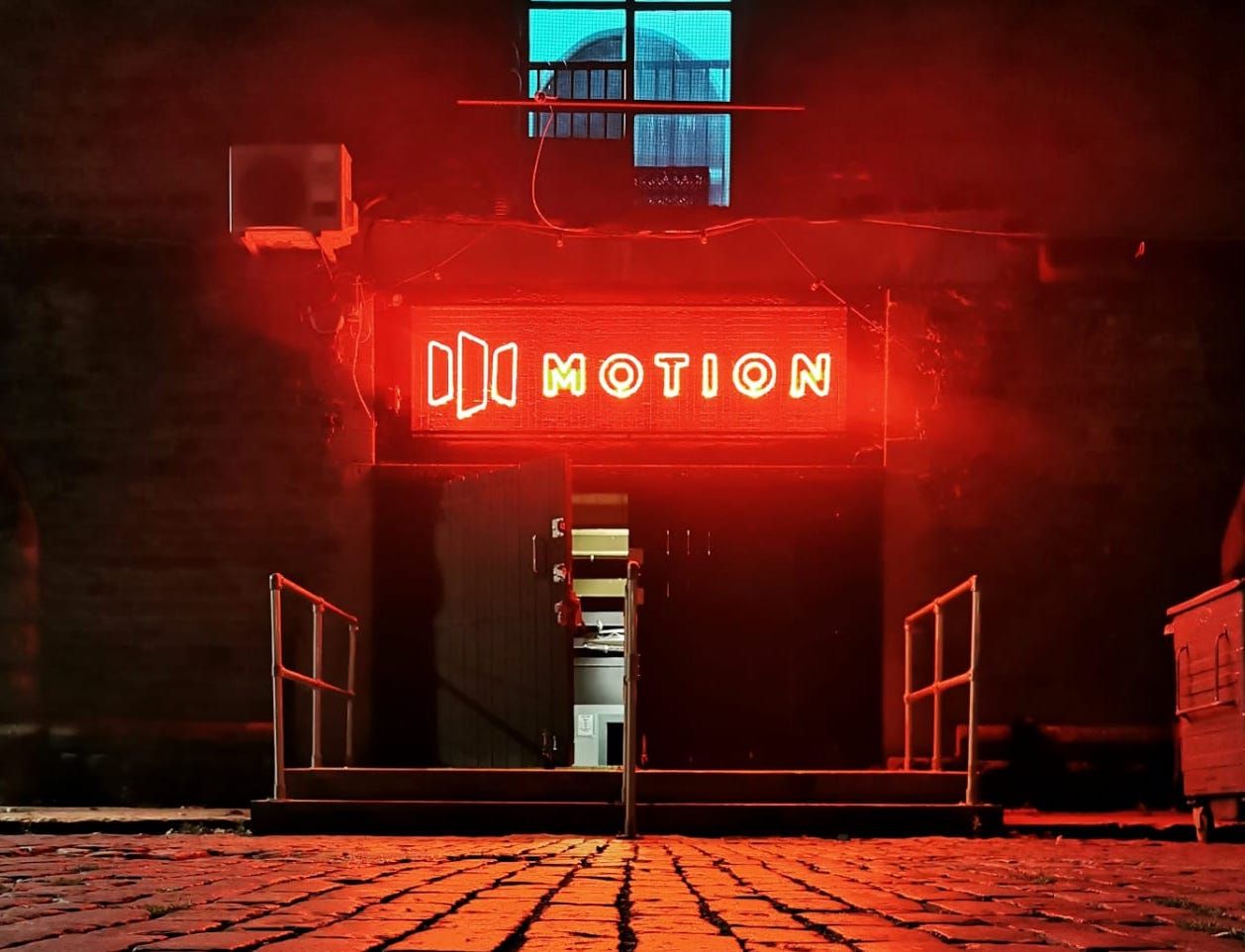By Edward Deacon, Fourth Year, Physics
Uncertainty gripping the future of Motion for the past 15 months due to nearby housing developments has been quenched after a new legal mechanism was agreed to by developers, legally permitting the existing noise levels from the club.
The planning application for a development near Bristol’s popular music venue Motion passed yesterday with a deed of easement, meaning the club is no longer at risk of shutting down due to potential noise complaints.
In a statement, Motion explained the club ‘can continue to operate unaffected’, and that the deed acts as ‘a legal mechanism that allows residents near venues to agree to a certain level of noise, protecting the venue from future noise complaints’.
The legal mechanism was first proposed to developers by Motion last September to mitigate the possibility of noise complaints compromising the running of the club.

With six different proposed sites in its vicinity, each one had to agree to the deed of easement to ensure the club’s safety.
Silverthorne Lane is the first of the six sites to have its planning approved with a deed of easement and is the first to do so in the UK.
Dan Deeks, Managing Director of Motion explained to Bristol Post that with this initial agreement in place, all other nearby developments ‘would have to follow suit and ensure we’re protected’.
Revealing the development, the club said via its Facebook page the new agreement was made possible ‘largely down to the developer’s cooperation and Bristol City Council’s support’.
The club praised the respect shown of Bristol’s ‘cultural assets and music scene’ and suggested that ‘the precedent this will create within law and the planning system gives music venues a lifeline that will have massive benefits to keeping them open’.
The challenge to Motion’s future as a club started 15 months ago when the club faced difficulty in gaining the support of developers.

In response, Dan Deeks launched a petition calling for support, which received over 12,000 signatures.
In February, Summix Capital Ltd were the first developer to agree to the deed as a planning condition, and since then the remaining sites have done the same to assure Motion’s future.
In April, it was announced that another popular Bristol nightclub, Lakota, is to be closed down and converted into a mixed-use development in a few years, which is set to include a four-storey building and 46 residential units.
Nightlife in Bristol has been temporarily put on hold in the wake of the pandemic, with Motion closing its doors until further notice.
The majority of events at the club have been postponed until later this year or next year.
Featured: Motion / Silverthorne Lane / Edward Deacon
Are you looking forward to returning one day to Motion?








